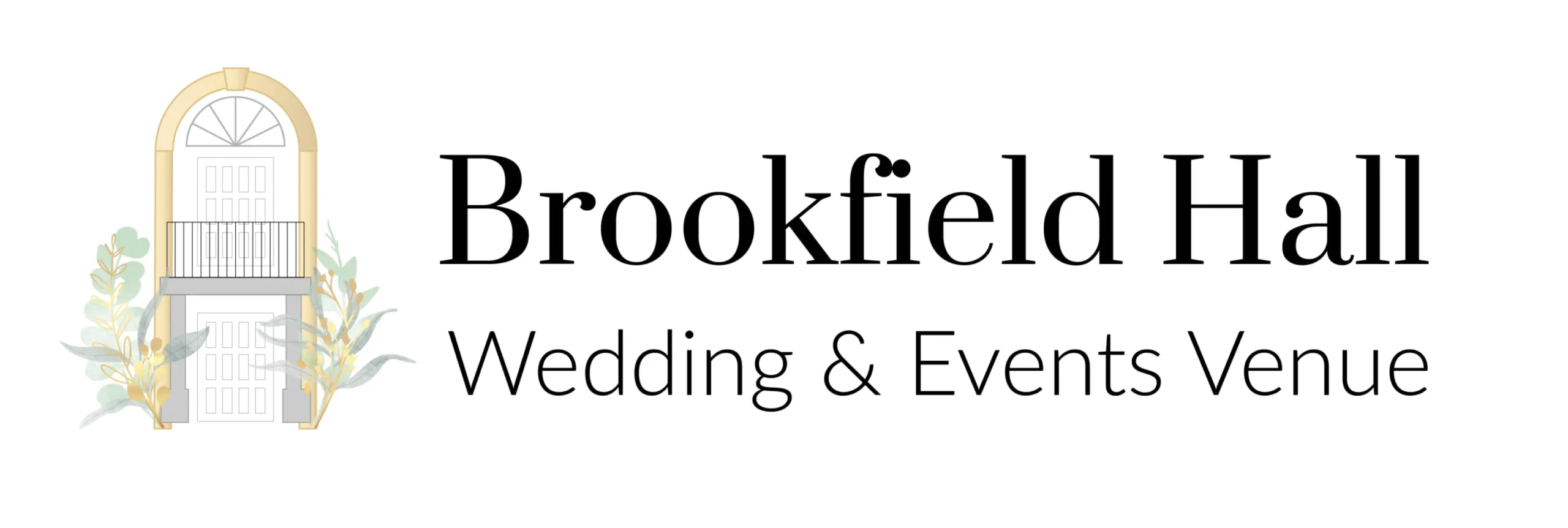Short History of Brookfield Hall
The original house was built in 1857 on or near the Brook Field which was part of a farm known as Browne House. The farm itself was situated at some point across the railway line, which of course, runs along the back of our buildings, and in fact the brook from which Brookfield was named was diverted into a deep culvert during the construction of the railway line in 1948 and emerged some 300 yards south from here and was known as Pennington Brook.
Freemasonry was not practised in Westhoughton until 13th April 1921 which was the date of consecration of Westhoughton Lodge.
However it is interesting and even remarkable to realise that the original building and land had connections with freemasonry – albeit tenuous – well before its 1924 purchase by Westhoughton Lodge.
The first connection of Brookfield with freemasonry goes right back to the time of the earliest documentary evidence of an English Lodge in 1646. The Browne family who gave their name to Browne House Farm, were in the late l500’s and early 1600’s – Lords of the Manor of Westhoughton. The family seat was Brinsop Hall but one branch of the family occupied Browne House Farm. However the family fell upon hard times and in 1640 sold out to Edmund Mainwaring of Peover Nr Knutsford. Edmund Mainwaring became Lord of the Manor and owner of the Brook Field on Browne House Farm. He was a close relative of Colonel Henry Mainwaring who lived in Peover – and it is Henry Mainwaring who provides the masonic connection – which is as follows:-
The earliest known documentary evidence of an English lodge is an entry in the diary of a famous antiquarian by the name of Elias Ashmole who is remembered today by the famous, Ashmolean Museum named after him in Oxford. Under the date 16th October 1616 he writes –
“I was made a Fremason at Warrington in Lancashire with Colonel Henry Mainwaring of Karincham in Cheshire”, “Karincham” as never been clearly identified but it is known that Colonel Mainwaring lived in Peover. Thus the Province of West Lancashire claims credit for having the first known lodge of speculative freemasons in England and the close relative of one of the two new Brethren of that lodge owned this very land. Surely Henry must have stood on this site around some 350 years ago!
In the early 1900’s the few Westhoughton residents who were masons, attended Lodges in Horwich, Leigh and Bolton. As their numbers grew they began in 1917 to meet socially at the Wheatsheaf and discussed the formation of a Westhoughton Lodge. Progress was held up because of the war and its aftermath, but finally on the 13th April 1921 the Westhoughton Lodge No 4215 was consecrated at the Carnegie Hall.
In the early years the Lodge met at the Assembly Rooms which were part of the Conservative Club in Tithe Barn Street. Practices were held sometimes at the Assembly Rooms and other times in the club room at the Red Lion. The installation festive board was always held at the Carnegie HaIl.
It was undoubtedly a red letter day when on the 22nd May 1924 the Lodge minute book recorded the following:
‘That the residence known as Brookfield, Westhoughton, be purchased for the sum of £1000 and utilised as a Masonic Hall.’
After this, the Lodge was opened and Mr Ralph Harrison was initiated and co-incidentally he just over a year previously had married his wife from Brookfield – her former home.
With these independent facilities it was not long before an additional Lodge was suggested and the obvious name was “Brookfield Lodge” which was consecrated on the 2nd March 1929 and soon followed in November 1930 by Westhoughton Chapter’
During the second war Brookfield became a ‘second line of defence rest centre’ with 28 volunteer ladies trained to supervise the centre should an emergency arise. Happily, no emergency arose.
On the 12th July 1989 DISASTER struck which proved to be a ‘moment of destiny’ brought about the turning point in the fortunes of Brookfield ….. THE FIRE!
Not only did the insurance monies provide the wherewith all for the building renewal and extension but out of the smoke and debris strode the ample form of W.Bro R Malcolm Dewhurst whose time and effort put into the regeneration of Brookfield is inestimable.
